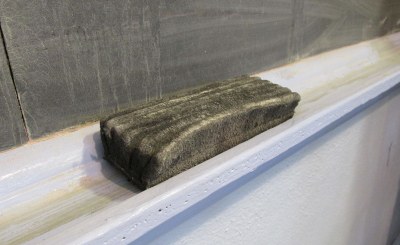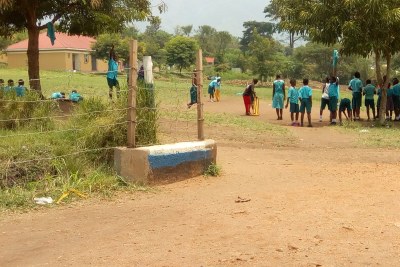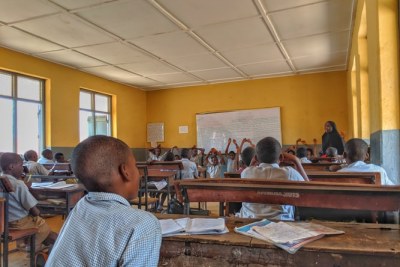-
Uganda: Government Sets Terms for Schools Reopening
Monitor, 8 September 2021
Eighteen months since the outbreak of Covid-19 in Uganda, the country's schools remain largely closed, trapping at home some 15 million learners and leaving parents in a dilemma. Read more »
-
Uganda: Museveni Rejects Plan to Reopen Schools in October
Monitor, 8 September 2021
By Tonny Abet Read more »
-
Uganda: Schools May Not Reopen Soon - Govt
Monitor, 1 September 2021
Top officials in government have said schools may not be reopened soon because of the worrying signals of a possible third wave of Covid-19 pandemic. Read more »
Covid-19 Safeguards For Uganda Learners Before School Starts
Eighteen months since the outbreak of Covid-19 in Uganda, the country's schools remain largely closed, with at least 15 million learners kept at home. The government opted for virtual teaching and learning but the free radios and television sets that it promised never materialised, rendering online education feasible only for the wealthy, whose children study at elite urban institutions.
Following the closure of schools for the second time in June 2021, education inspectors accused proprietors and managers at a number of schools of concealing Covid-19 infections, for fear that their schools would be closed.
In the 2020-2021 inspection report, education ministry officials disclosed plans to link schools to specific health facilities for early detection, reporting and referral for management of Covid-19 cases among learners.
Hasadu Kirabira, the chairperson of the National Private Educational Institutions Association, said government should strengthen Covid-19 surveillance and come up with strategies for case and emergency management in schools. He urged the government to train schools' nurses to manage mild Covid-19 cases.
The inspectors reported that private schools lacked resources to implement a raft of standard operating procedures (SOPs) prescribed by the health ministry to guarantee safety of learners.
As at September 07, 2021 209,527 or 38% of the 550,000 teachers had been vaccinated, while the vaccination of eligible learners is yet to commence.
InFocus
-
More than 15 million school children in Uganda will be playing catch up to their peers in the region, after 18 months of lockdown - and still counting - during which access to ... Read more »
-
Uganda will go ahead with its planned re-opening of the economy, despite recording more than 150 Covid-19 cases in three days, President Yoweri Museveni has said. The partial ... Read more »

Invigilators check students at Kibuli Secondary School in Kampala, Uganda, before their examinations on March 1, 2021 (file photo).




